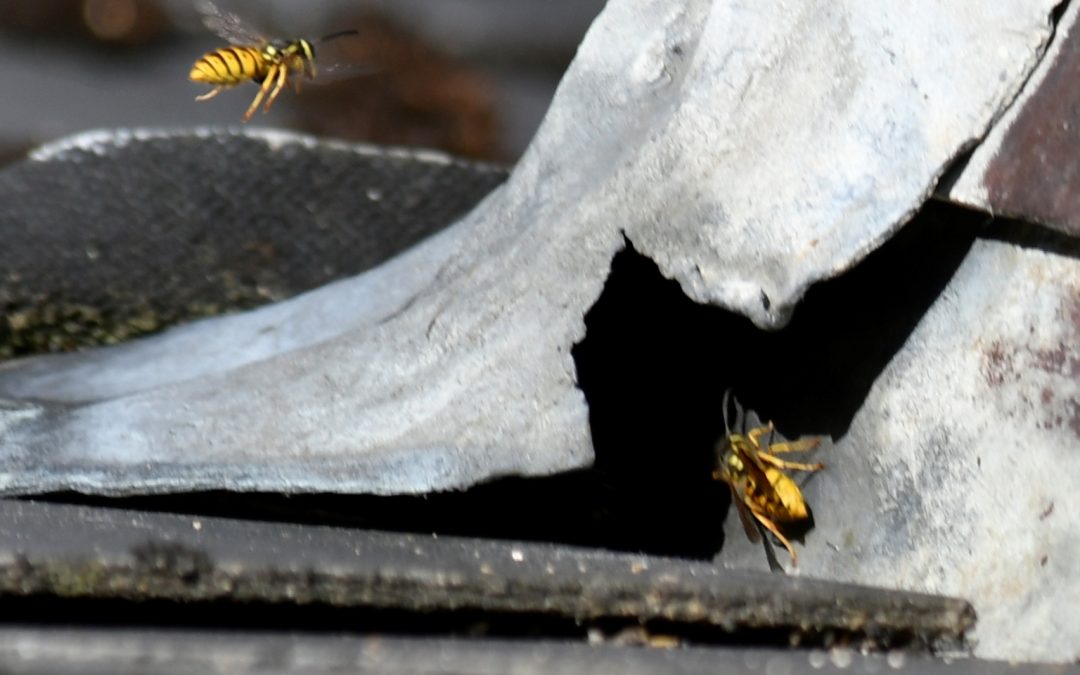With wasp nest season fast approaching we answer Frequently Asked Questions about these flying pests!
Can wasps be dangerous?
Yes, wasp stings can cause anaphylactic shock and in some cases this reaction can be fatal.
How do I know if I have a wasp nest on my property?
In many cases the nest itself may not be visible, often hidden underneath fascia’s or roof tiles. Look out for frequent activity (wasps flying in and out regularly) from a specific area, this can indicate the location of the nest.
Can the entrance to the wasp nest be blocked rather than treating it?
No, this can be dangerous as it will aggravate the wasps and force them to look for an alternative exit, potentially coming into the property itself.
Can I treat a wasp nest myself?
We would always recommend seeking professional help when treating wasp nests due to the risk of being stung.
The nest isn’t accessible from inside the property, can you treat it?
We use extendable equipment which can reach most nests located on the second and third floors of a property.
Are your treatments safe around humans and pets?
All our treatments are risk assessed and we complete COSHH assessments for all products used to ensure we safeguard our customers, their families and their pets.
Do wasps re-use an old nest?
No, every queen wasp builds a new nest from scratch.
She may choose to use the same site used by a previous queen if she feels this is an ideal location, however she will always build a new nest of her own.
Do you treat honey bee nests?
We do not offer treatments for honey bee nests and instead recommend the nest is removed. We do not perform removal of honey bee nests ourselves so we advise visiting the following websites to enquire about honey bee removal: www.ukbr.org or www.bbka.org.uk
How long does it take for the nest to die after the treatment?
Depending on the size of the nest (nests are much larger at the end of the season) activity will begin to decrease within 24-48 hours. Once activity has ceased the nest has been eradicated.
Does the nest need to be removed once it has been treated?
Once the nest has been killed it does not require removal, however we will arrange a second visit to remove the nest (an additional fee applies) if requested to do so by the customer.
Do you offer a guarantee?
Yes, we offer an optional guarantee, please contact us for more information.

